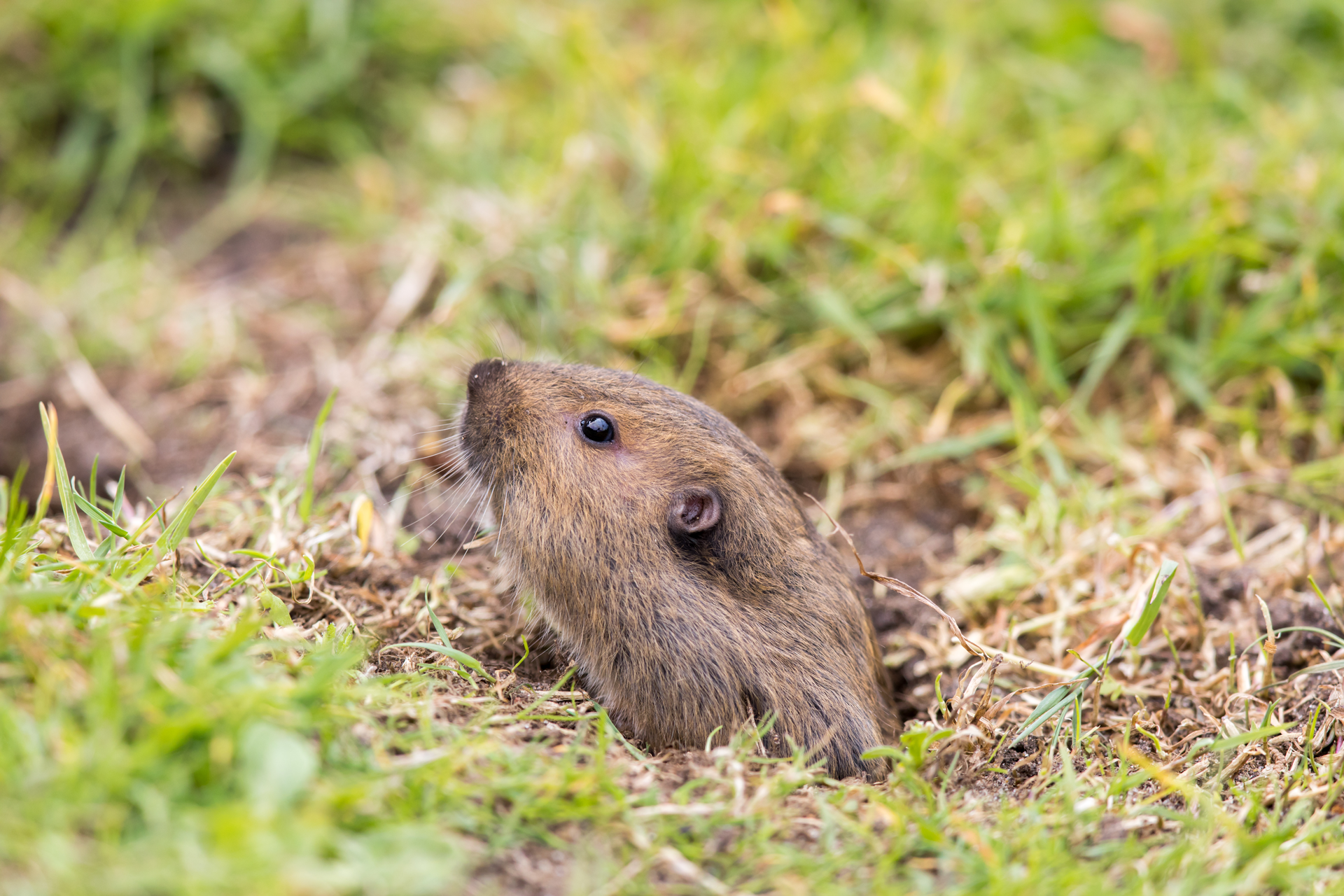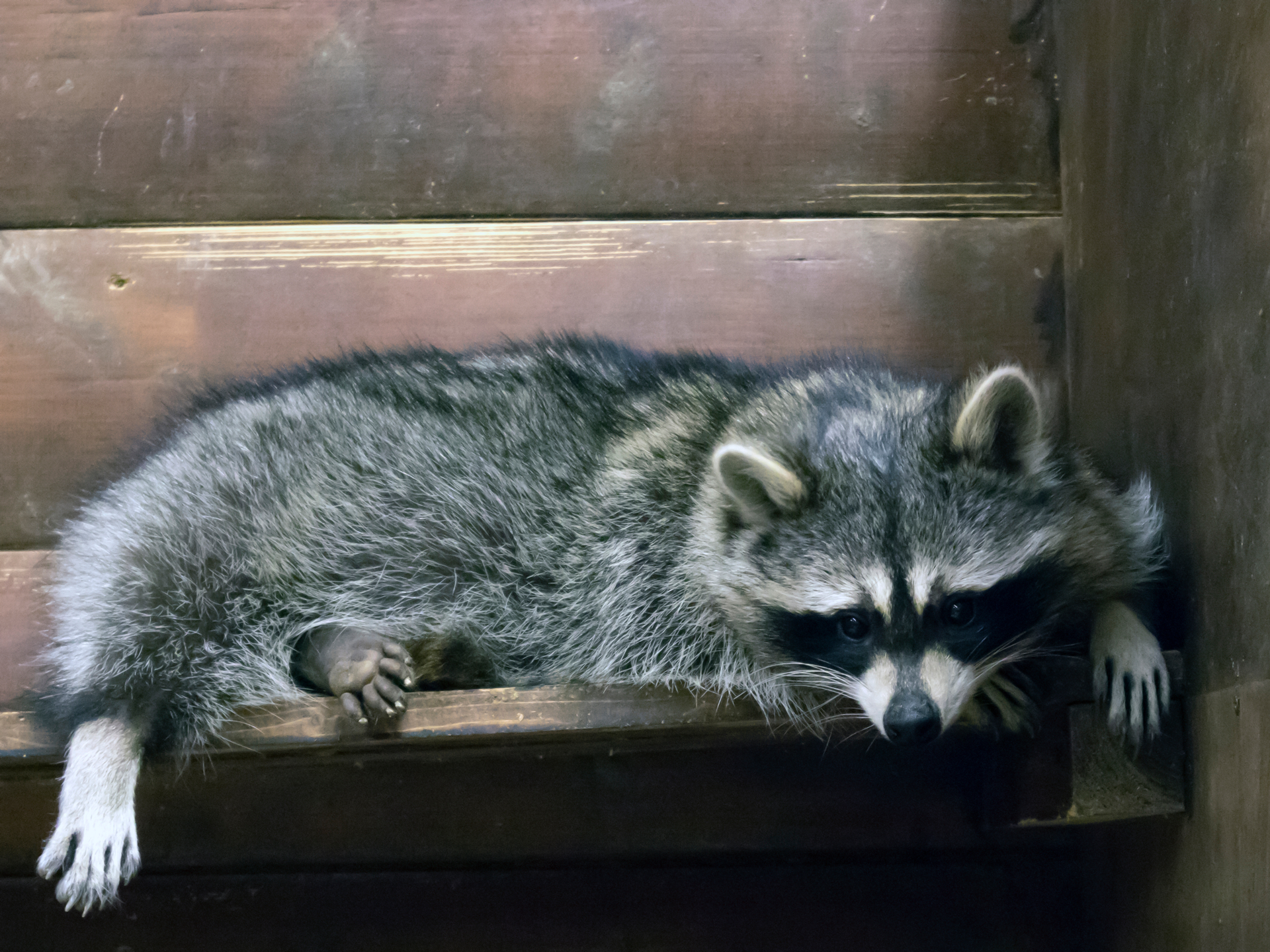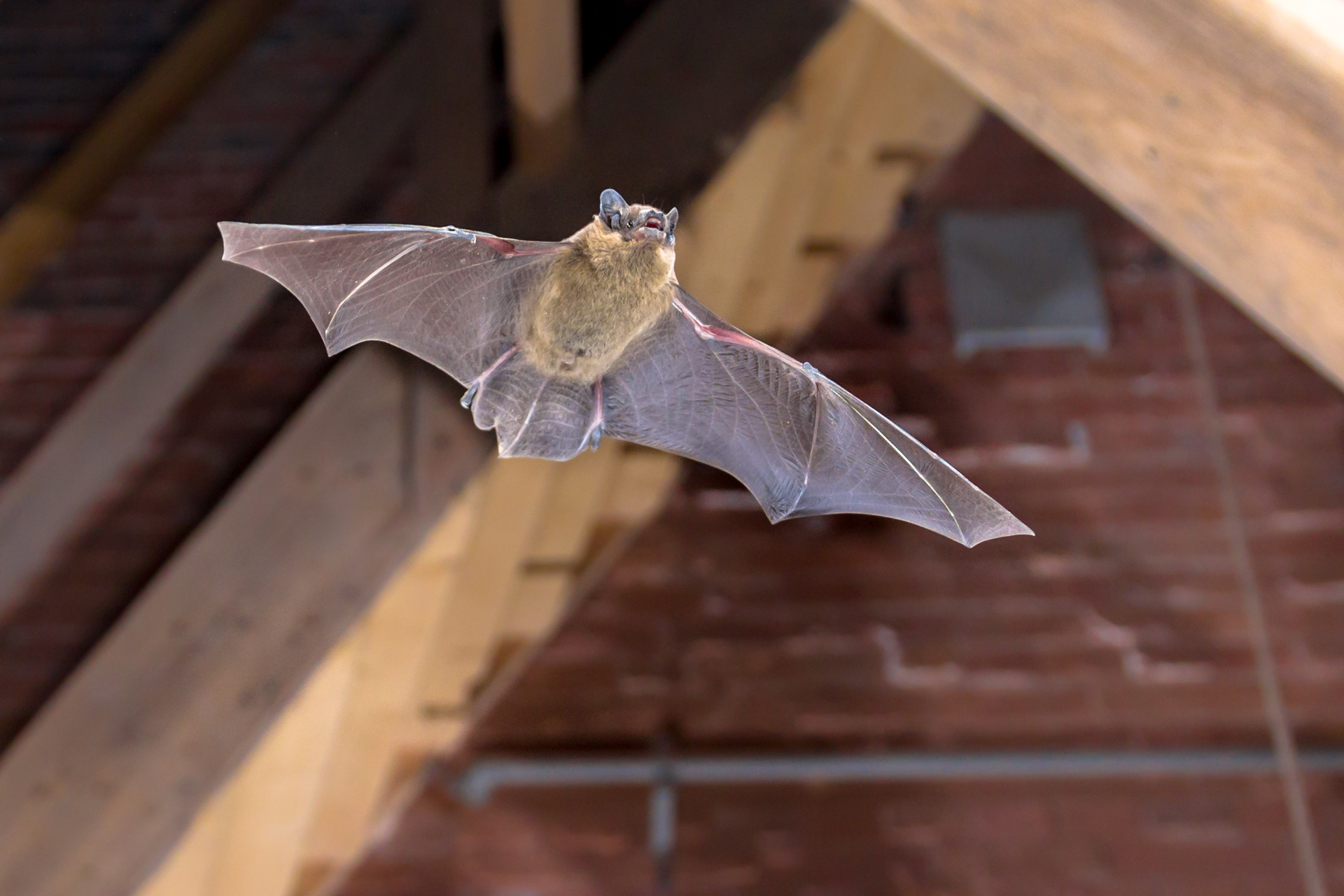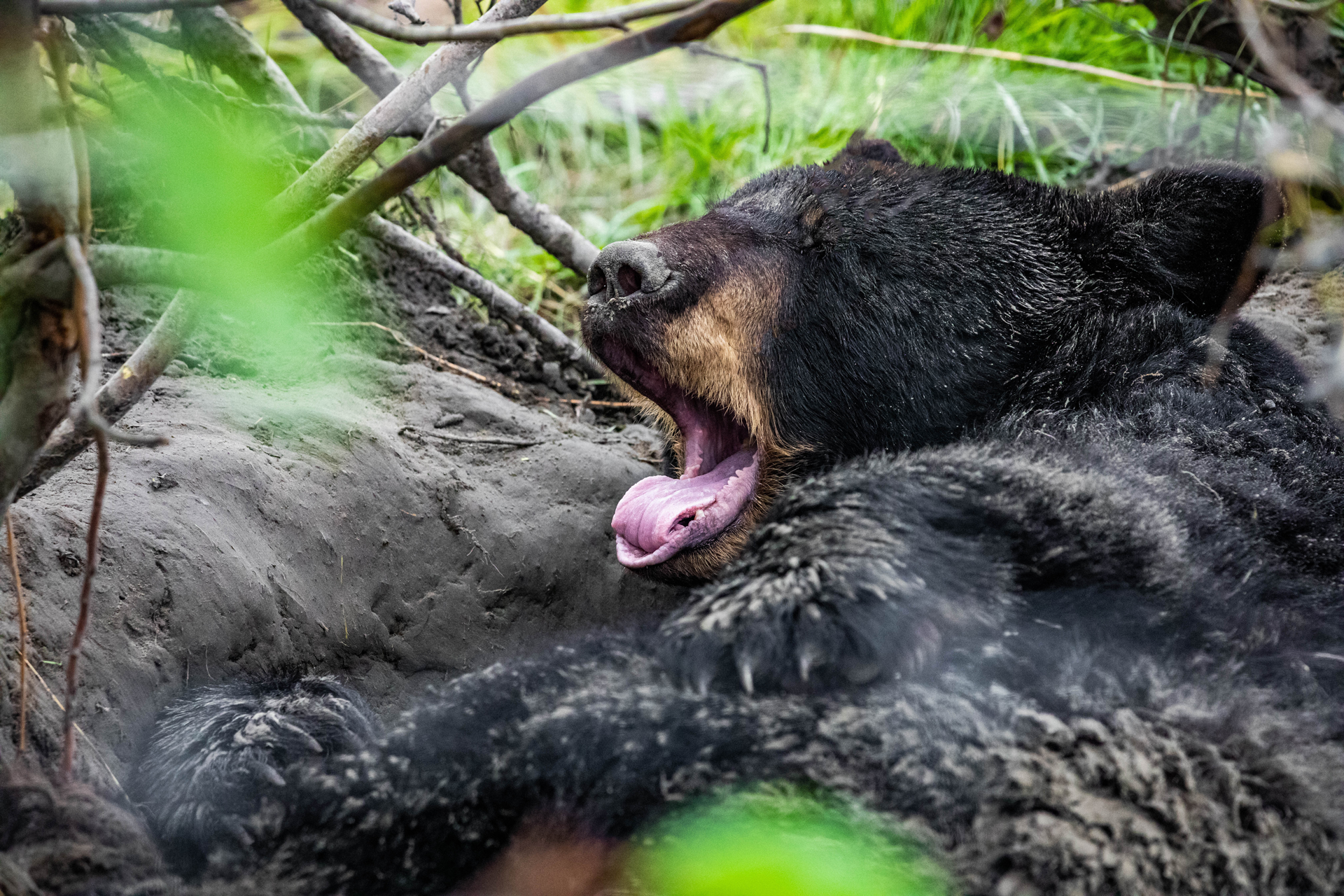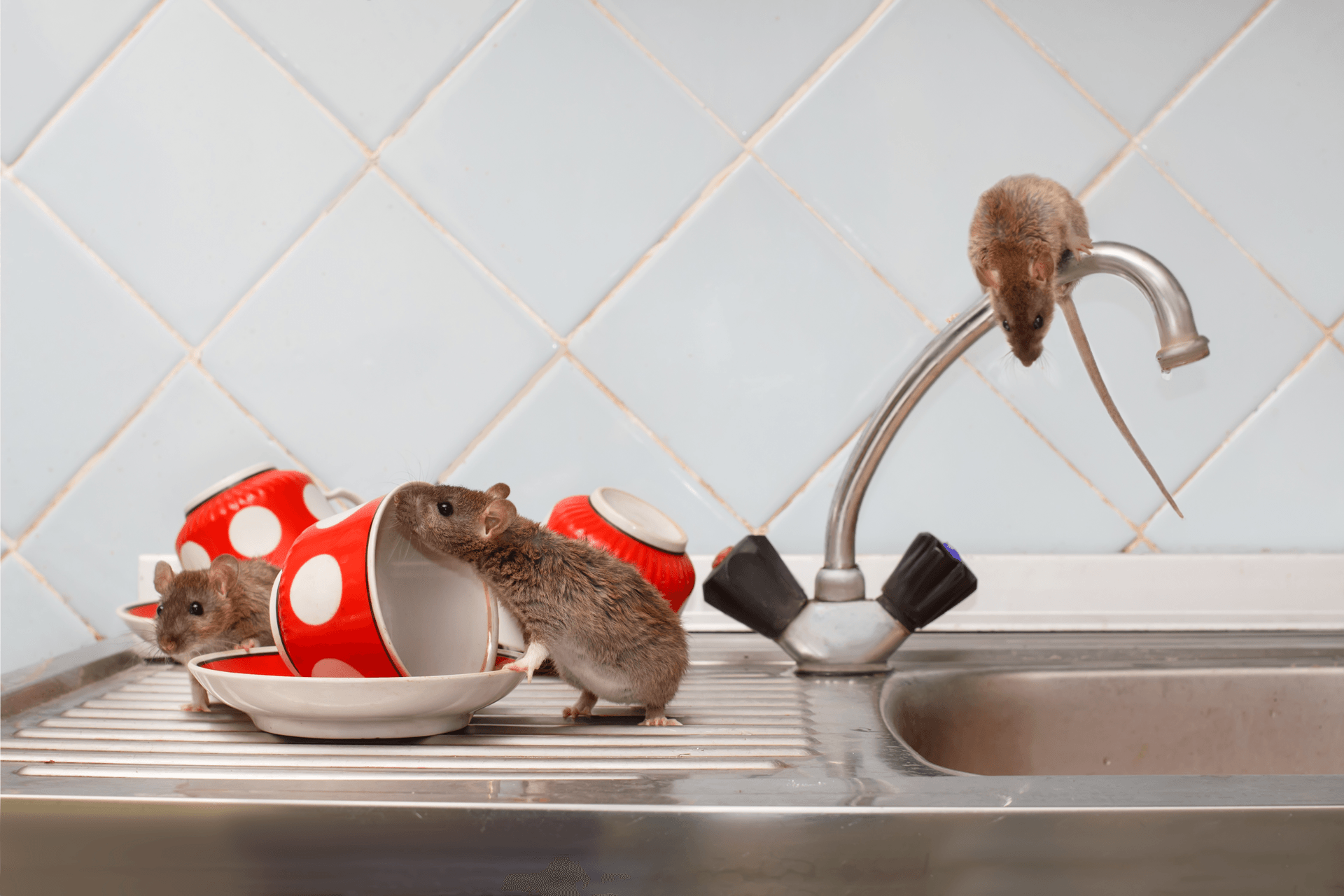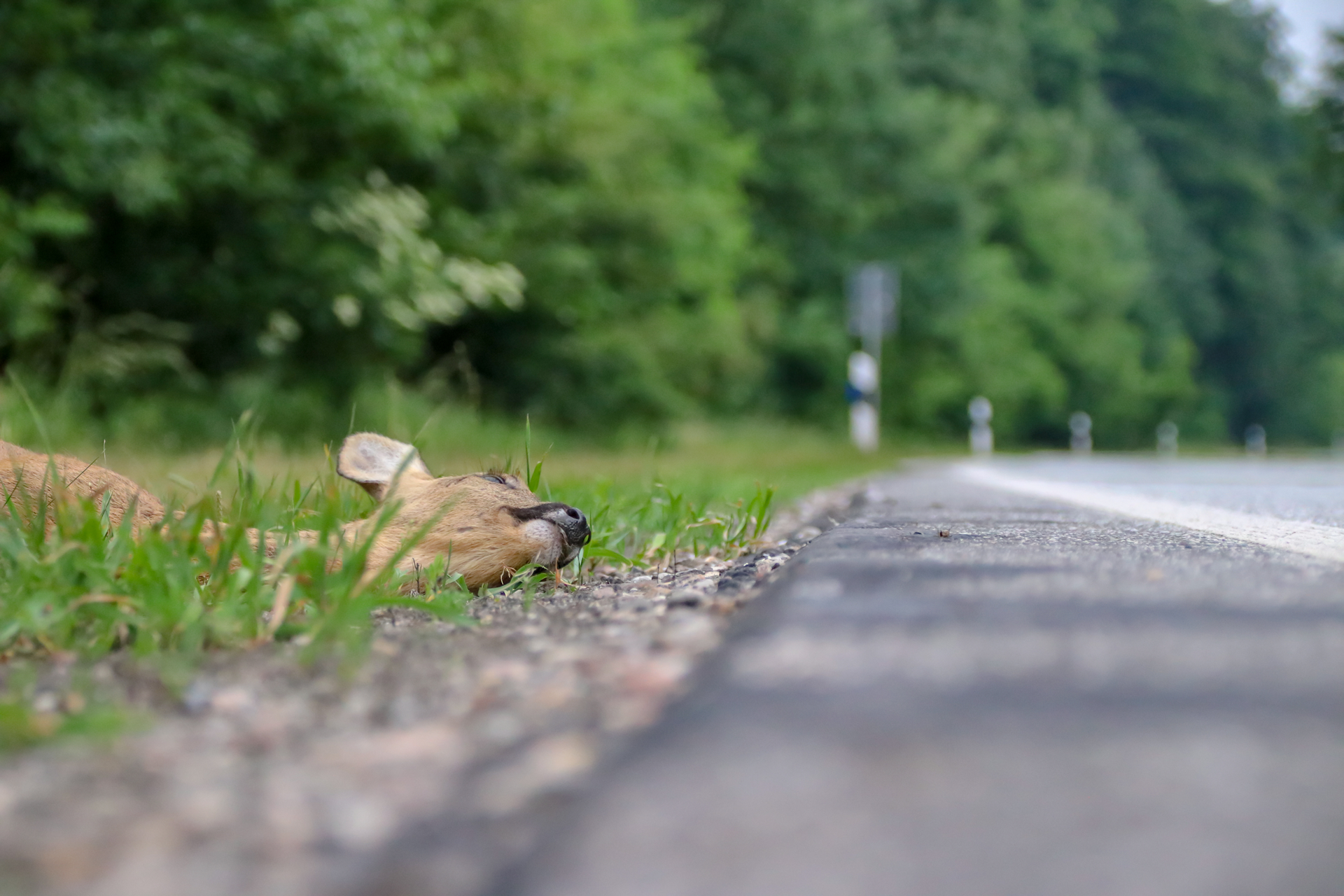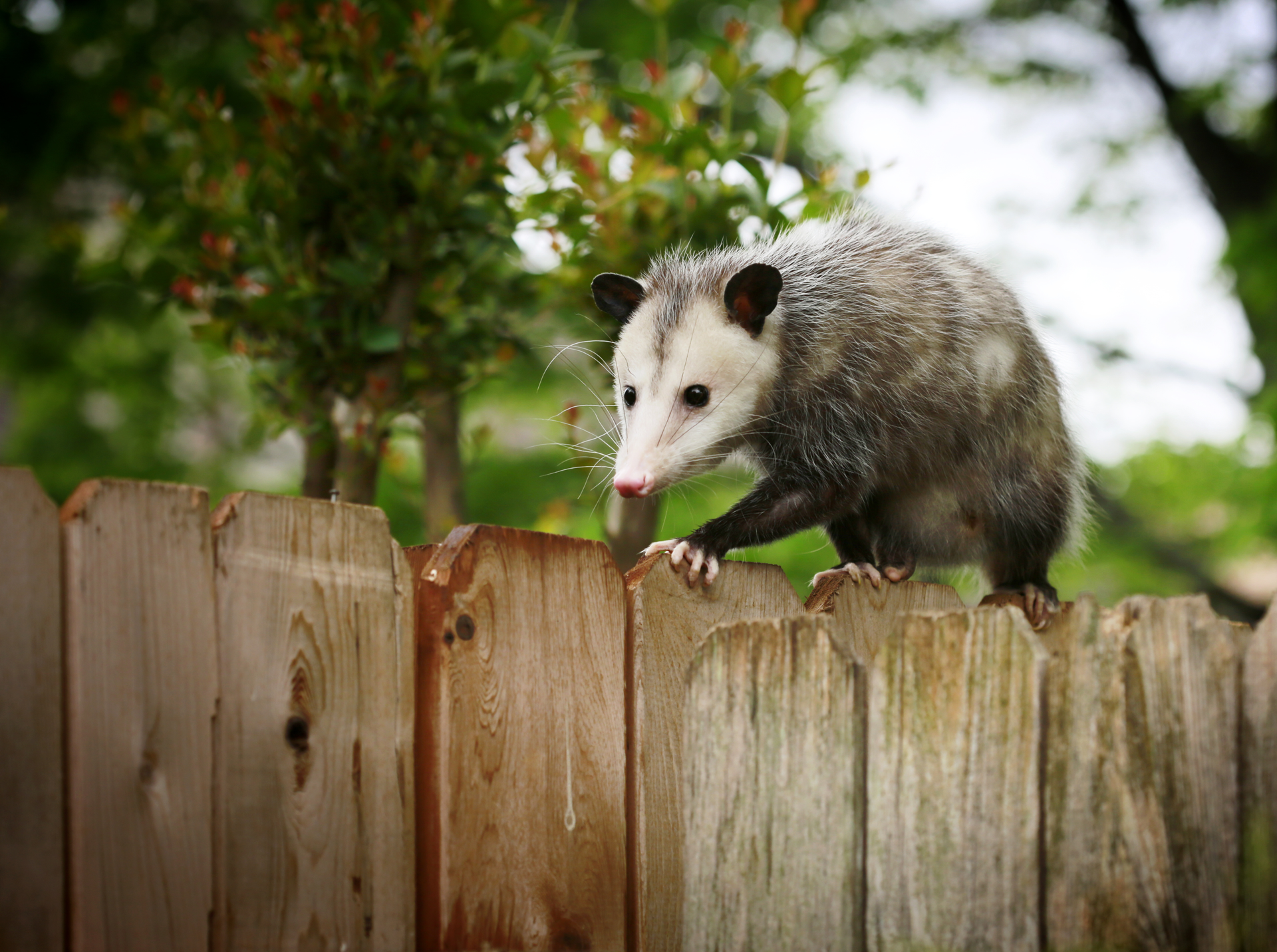Do You Need An Exterminator For Bats?
Can You Get Rid Of Bats Yourself?
Arkansas is home to sixteen species of bats. The mere mention of this creature gives many people the creeps. They are the world's only winged mammals. A single colony made a home in a cave near Batesville and is credited for eating 35 tons of insects yearly. That protects people from mosquitoes and other bugs that could spread disease. Bat feces, known as guano, was used in gunpowder through the 1800s; however, it is very dangerous to handle.
They are undoubtedly odd, which may be part of why they're the subject of so many myths and legends. They have long arm and finger bones, elongated through the wing and connected with a membranous double-layered skin. They possess a clawed thumb on the front feet, while the hind limbs have knees facing the wrong direction and claws on the toes.
Some incredible varieties live in the Natural State, including the fastest flying animal on earth: the Brazilian Free-Tailed, which researchers have recorded hitting 99 mph. Another kind called the Townsend's Big-Eared, known for curling its ears to look like rams' horns, is found only in the northwestern part of the state and can live up to 30 years.
However, you certainly don't want them in your home. Their guano and urine smell and stain and spreads bacteria and disease. Their claws tear up walls and insulation. They track in grease and dirt and worsen cracks and holes. The noises they make can disturb homeowners or visitors to your business. If you have an infestation, contact a pest control professional immediately.
When it comes to an infestation, one thing is certain: you should not try to deal with it yourself. Doing so puts both you and the animal at risk. Bats are known to spread rabies and histoplasmosis and harbor other zoonotic viruses, and exposure to its droppings puts you at risk. As part of a removal plan, a licensed wildlife professional uses commercial-grade cleaners and disinfectants to rid your home or business of the bacteria the bats and their bodily fluids spread.
More than that, however, you could be dealing with four endangered species: the Ozark Big-Eared, the Gray, and Indiana. The Northern Long-Eared Bat was also re-classified as endangered in 2022. Violation of the Federal Endangered Species Act can lead to a fine of up to $100,000 and a year in prison, so it's best to let an expert handle things.
When considering who to hire to address the problem, you may wonder who would be best to turn to, an exterminator or a wildlife control professional. Although there's overlap in these professions, there are several key differences in the job. Using a variety of pesticides, traps, and other remedies, pest control companies quickly exterminate the immediate issue from your property. In general, they specialize in insects, rats, and mice. For a bat infestation, however, you're better off with a licensed wildlife control professional who strives to humanely rid your property of the nuisance animal(s). Their long-term focus includes taking steps to ensure they don't come back. Wildlife professionals inspect to determine how the problem began, what property modification is needed, and what needs repairing, and then work on remediation. They're the correct option if an animal has entered your home or business, and bat-proofing your property as a preventive measure is suggested.
Bats can squeeze through holes the diameter of a dime and cracks less than half an inch wide. If that opening remains unsealed, more bats or other pests enter. A major part of a wildlife control professional's training is to spot those gaps, which the average person won't detect, and then seal them up so the infestation doesn't start anew. Taking care of those openings is crucial. Those holes often form around air intakes, plumbing, power and cable lines, and spaces around doors, windows, chimneys, and air vents. Experts figure out what sort of grate, cloth, or one-way door would be best so that bats can't enter, but air can still move through.
If you have a bat problem or looking to prevent one, there is Natural State Wildlife Solutions. We are the #1 rated wildlife removal, repair, and exclusion service in Benton County and the surrounding areas. Our removal tactics are thorough and humane. We also take care to clean and disinfect the area after the creature has been removed, then make any repairs that may be needed and seal up holes and cracks so the creature isn't able to return.
Contact us today for an estimate for all your nuisance wildlife needs.

